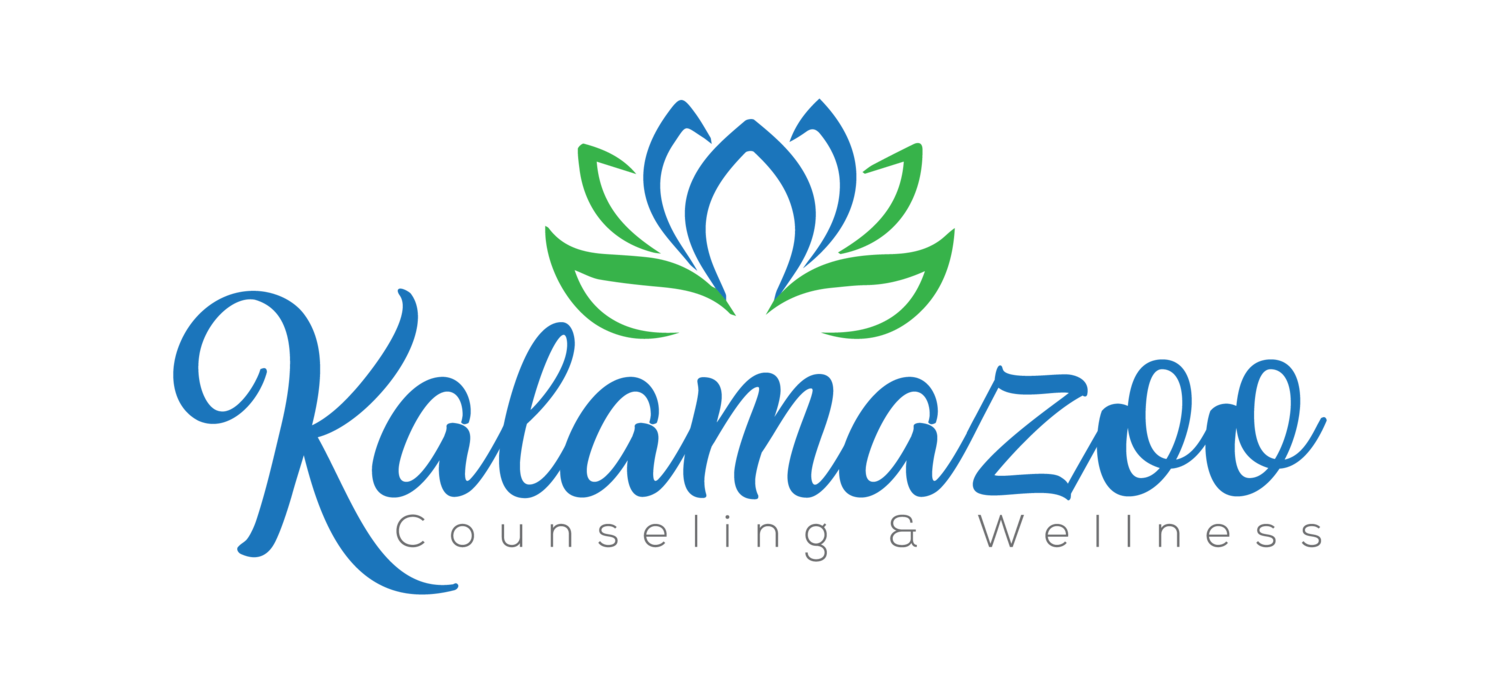Almost every couple who comes to me for couples therapy says to me that they would like to improve their communication. And, while I don't believe that effective communication is the only key to a blissful relationship, it is a component that, when strengthened, other imperative parts of relationships grow, like friendship, managing conflict, intimacy, and sharing life dreams. So, what does "improve communication" really mean?
I think "improving communication" really involves three components: (1) honest and clear speaking, (2) validating listening, and (3) managing conflict effectively.
When we are looking at communication between just two people, there is often a speaker and a listener ... sometimes two speakers and no listeners! (That's what we want to avoid!) Ideally each person will take turns in each role, one at a time. The speaker has an important job of saying what they mean in an honest, clear, and kind way. This is where we might see some "I statements" or even the full "I feel ___ when ___ because ___" statement. When you're the speaker it's important to remember not to attack the person you are speaking to, because that will only lead to defensiveness and maybe some explosions or avoidance. We want to keep it kind, honest, and productive.
The second person is in the listener role. This is really about hearing what the other person is saying and really focusing on what their message is. In effective communication the listener is not thinking about their next point they are going to argue, they aren't debating and rebutting their partner, and they aren't getting defensive or attacking. The listener may not agree with the speaker, but while listening, that doesn't matter at this point. When the listener validates the speaker, this means that they express to the other person: "I see where you are coming from. I understand why this is important to you. What you are saying is important." In effective communication, the listener not only validates the other person's point of view, but also validates them as a person.
The final part of effective communication is managing conflict effectively, which will inevitably come up at times. I will write more posts in the future on some specific conflict management skills, but what is important here is to know that when conflict comes up in communication, it needs to be managed in a healthy way, or the communication will turn toxic quickly. Maybe it's a simple misunderstanding that leads to conflict, or maybe it's a major difference in deep values that leads to conflict. Wherever conflict falls on that spectrum, couples who find ways to manage it effectively, will have improved communication and won't shy away from communicating about important topics that may reveal some conflict.
Try it Out! Practice having a conversation with your partner or someone significant in your life where you really focus on your role as a listener and practice making validating statements to that person. Examples of such include: "I can see why that is so important to you because..." or "It sounds like you've been feeling ___ when ___" or "I hear you saying ___."
